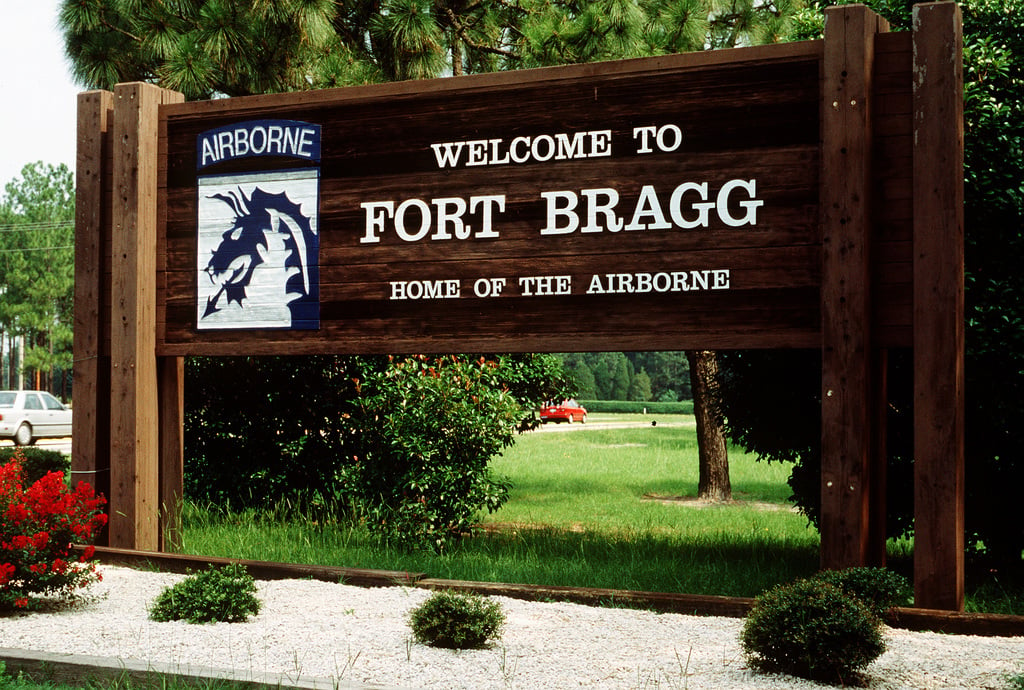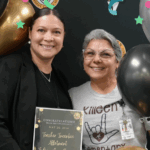The names of places tell stories. Whether it’s a school, a park, or even a military base, a name can carry history, honor important figures, or reflect the values of a community. But sometimes, names change – just like we saw recently with Fort Bragg.
Last week, a major decision made headlines: The U.S. military base in North Carolina, which was renamed Fort Liberty in 2023, is now being restored to Fort Bragg. However, instead of honoring its original namesake – a Confederate general, it will now honor Private First Class Roland L. Bragg, a World War II hero.
This change is an important moment to teach kids how history evolves and why renaming places can be a big deal.
Why do places get renamed?
If you’ve ever seen a school change its name or a park get a new sign, you might have wondered – why?
Here are a few reasons:
To honor new heroes
Sometimes, names change to recognize someone whose story deserves to be remembered. Fort Bragg’s renaming now honors a WWII hero instead of a Confederate figure.
To reflect changing values
As society grows, people rethink what names represent. Schools, streets, and monuments have been renamed to better align with values of fairness and inclusion.
To fix historical mistakes
Some places were named long ago without considering all perspectives. Renaming is one way to acknowledge and correct past oversights.
What this means for kids learning history
Imagine if a school was named after someone from 200 years ago. Would their legacy still make sense today? Or would there be someone else – an inspiring scientist, artist, or leader – who represents what your school stands for now?
This is a great lesson in how history isn’t just something we read about – it’s something we shape. Places like Fort Bragg remind us that history is always being discussed, understood, and, when necessary, updated.
How teachers can use this moment to teach history
As a teacher, I see stories like this as teachable moments.
Here are a few ways to use the Fort Bragg renaming to help students think critically:
Discussion starter
Ask students, “If you could rename your school, what historical figure would you choose and why?”
Research project
Have students look up places that have been renamed and debate whether they agree with the changes.
Map activity
Show how different U.S. places were named and what those names tell us about the past.
Learning from the past, shaping the future
The Fort Bragg story teaches an important lesson: History is not set in stone. When places are renamed, it’s an opportunity to reflect on who we choose to honor and why.
For kids, it’s a reminder that learning about the past isn’t just about memorizing dates – it’s about understanding, questioning, and sometimes even rewriting the story.
So, the next time you pass a school, a street, or a park, ask yourself – what story does this name tell? And if you could rename it, what story would you want to tell instead?













